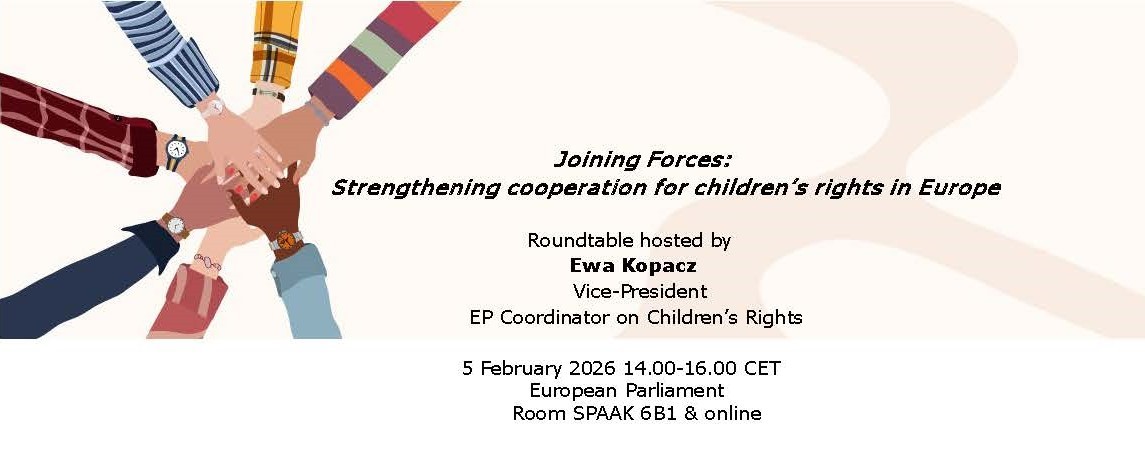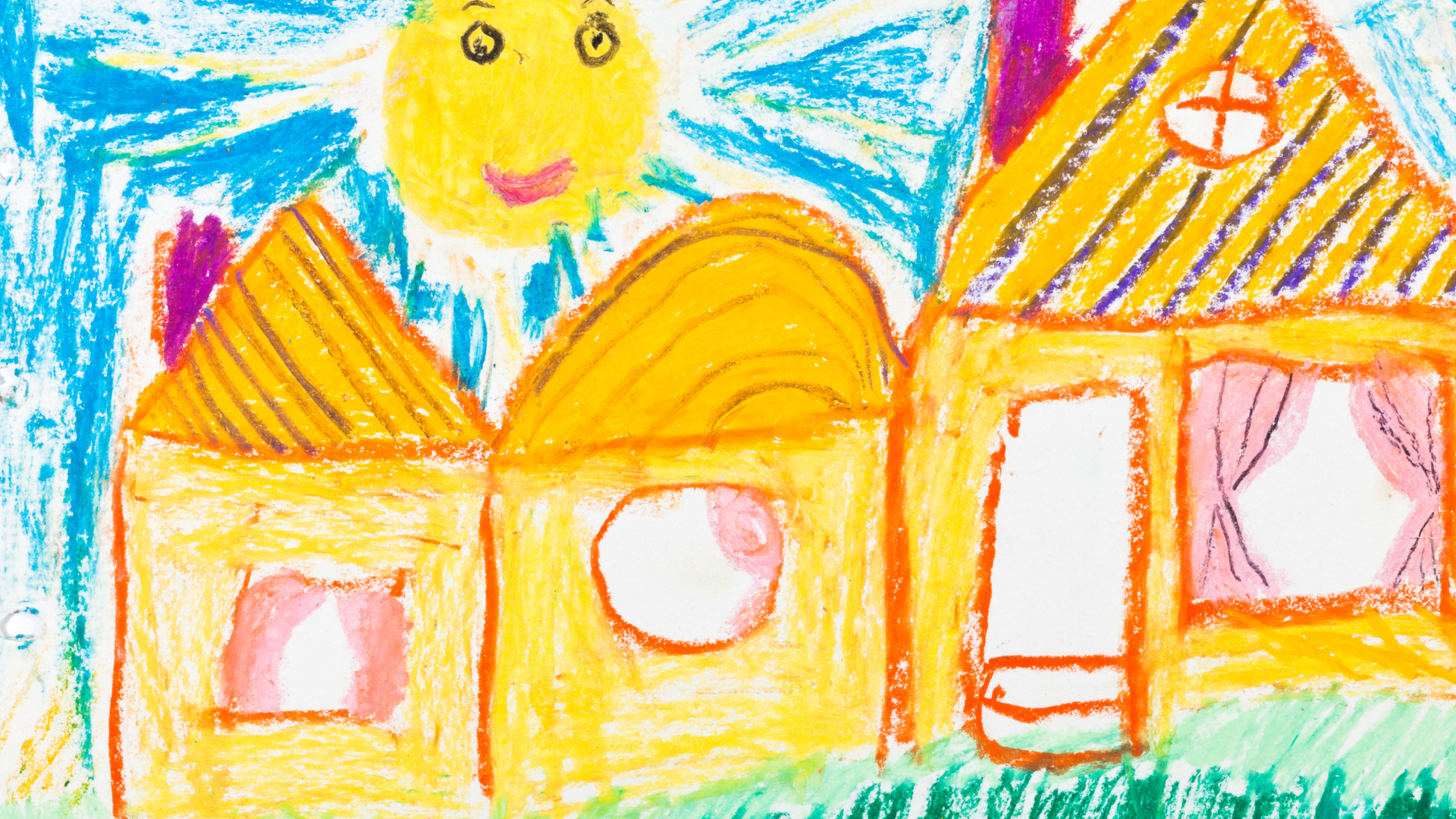Strengthening collaboration between children’s organisations and public authorities in Greece
Eurochild Greek Members call for fostering stronger collaboration between children’s organisations and public authorities.
With the aim to support EU and national level advocacy, the latest Children's rights: political will or won't? Eurochild 2023 report on children in need across Europe was disseminated among key stakeholders.
To share the country specific information, Eurochild reached out to EU stakeholders such as the European Commission and the European Parliament. Thanks to this targeted dissemination and follow up discussion between Greece’s unit at DG EMPL of the European Commission and Eurochild, including the report’s contributors, the European Commission invited all Greek members to a meeting on the 1 February 2024 in Athens, Greece. The three Greek member NGOs that contributed to Eurochild’s 2023 report, namely, Alma – Panhellenic Association for Adapted Activities, the Network for Children’s Rights and The Smile of the Child, participated, as well as Ergo Academy NGO, Roots Research Center and the Union of Women of Heraklion. The aim of this meeting, hosted by The Smile of the Child, was to get a better understanding on the situation of children’s rights, the Child Guarantee implementation, as well as stakeholders’ participation in Greece.
Thanks to this meeting, members had the opportunity to expose issues they collectively face. Among other, they emphasized the gaps in the child protection system in Greece, highlighting the fragmentation of both the system and the national policy. In a more concrete manner, they stressed the lack of prevention, professionally trained personnel in social services, support to families, and overall insufficient data impeding to identify and address the vulnerable groups of children.
Members also spoke about the “fast-track” modus operandi often sustained by the government, aiming to bring ‘tick the box’ and quick results, without preparing the ground or the system that is necessary to support change. This approach fails to consider reality on the ground, resulting in outcomes contrary to the desired goals; children in care, deinstitutionalisation, adoption and foster care being prevalent topics.
Similarly, and in a correlated manner, members conveyed the sense that their voice was unheard, and their expertise ignored, as there is little consultation with or involvement of civil society by the government, in policy making and action plans processes. Additionally, there was a common recognition of the absence of child participation and of the right of expression in all matters affecting children.
Taking part in a discussion with the Commission yielded the opportunity to underscore needs, for a better child protection system in Greece.
The overarching aim is to achieve a holistic, multi-disciplinary child protection system.
Therefore, members call for the need for dialogue, alliances, synergies, mutual communication and multi-level coordination among all stakeholders, at central, regional and local levels. Likewise, national action plans must be translated into regional and local instruments. One of the main guiding principle remains better collaboration with civil society.
Finally, to allow a meaningful cooperation, the need for capacity-building and funding for civil society was discussed. The question of EU funds allocation was notably raised.
Greek members have found such a meeting of great value to provide a deeper understanding of the challenges and foster collaborative initiatives among all relevant actors in the fields. Greek members would like to highlight the importance of opening the dialogue and creating contact points between Member States units and the child protection agencies from civil society. Through such meetings, the reality of the ground as experienced by grassroots actors can be directly relayed to decision makers at the EU level, resulting in policies reflecting better children’s need.
Eurochild continues to stay involved alongside its members, to build upon the Flagship report and other joint resources to facilitate these useful exchanges.





